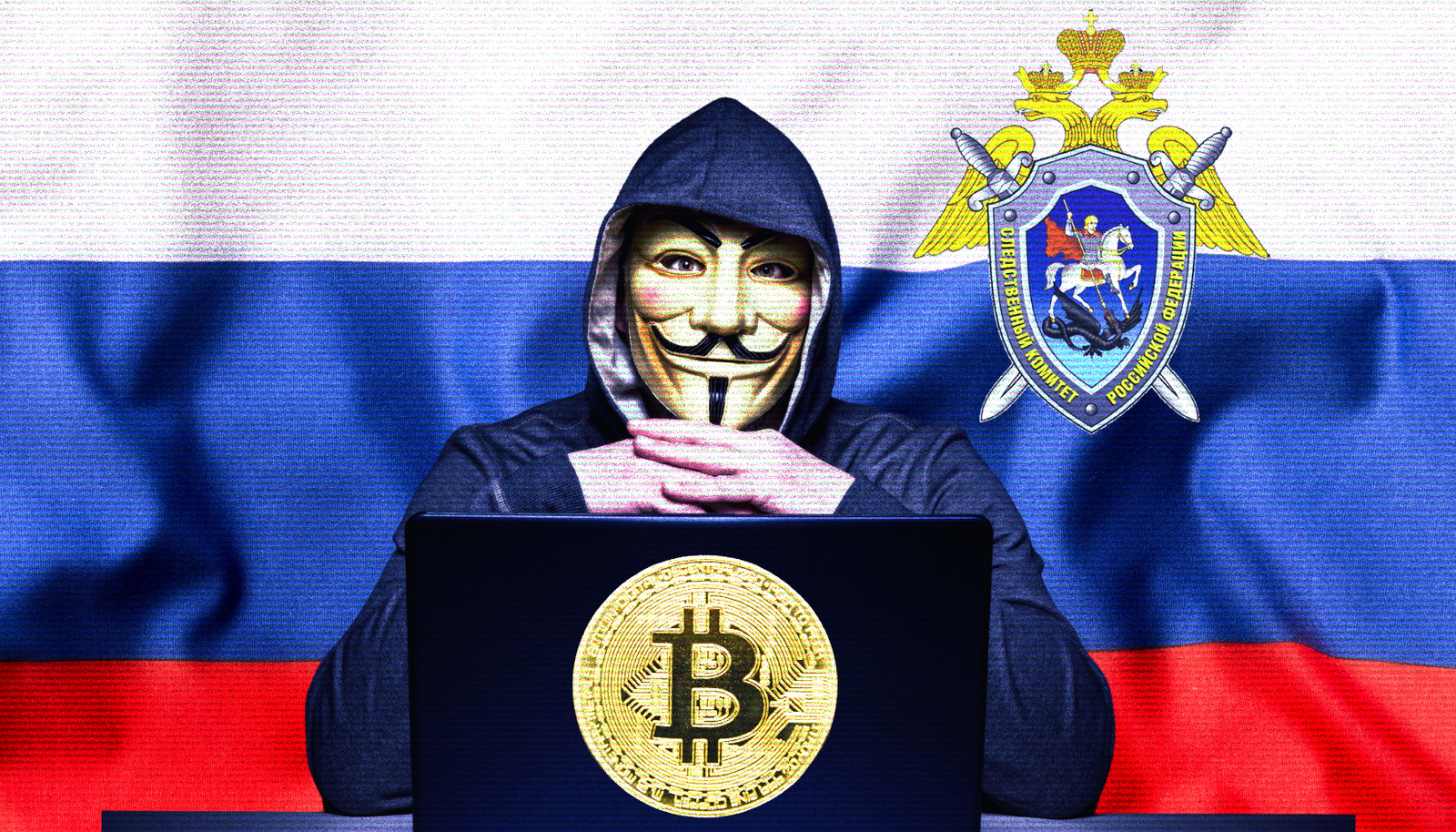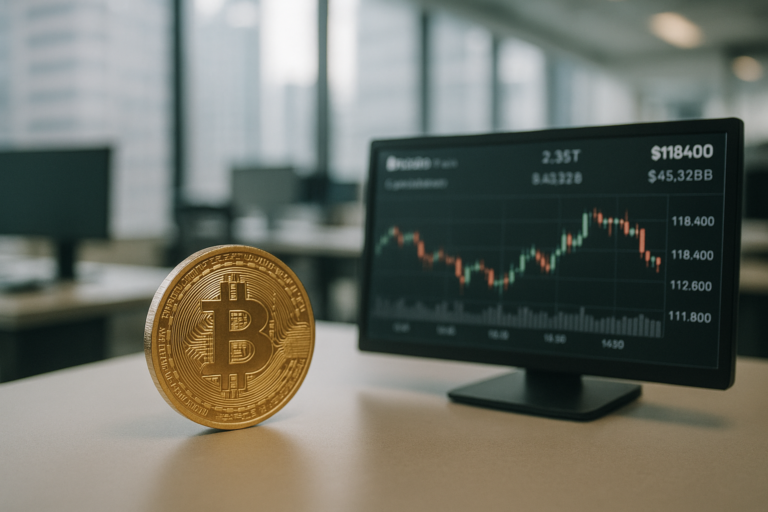Russia Moves to Sell Seized Bitcoin in Infraud Case—A Landmark in Crypto History
Russia is making bold moves in cryptocurrency in a case that reads like a cybercrime thriller. Authorities are set to liquidate a vast stash of seized Bitcoin linked to a historic bribery scandal. In fact, it’s the biggest scandal of its kind in Russia’s history.
A Corrupt Investigator and a Cybercrime Empire
Meet Marat Tambiev. He was supposed to fight crime as an investigator with Russia’s Investigative Committee. Instead? He allegedly took thousands of Bitcoin in bribes from Infraud, a notorious cybercrime network.
Infraud wasn’t some small-time scam operation. It was a massive organization. One involved in financial fraud, identity theft, and large-scale hacking. They were even cracked down on by the U.S. back in 2018 and at the time they were considered one of the world’s most dangerous cybercrime groups. But Tambiev? He chose the wrong side.
Authorities caught him with 1,032.1 BTC—a fortune worth about 1 billion rubles (around $9.79–$10 million at the time). Some reports suggest he actually received up to 2,718 BTC, which once peaked at a staggering $258 million. This wasn’t just a bribe—it was life-changing money.
The Bitcoin Liquidation—How Will Russia Sell It?
After Tambiev’s 2023 conviction, the Nikulinsky Court in Moscow ordered his Bitcoin to be transferred to the state treasury for liquidation. But selling crypto isn’t like offloading stocks—it’s a logistical nightmare.
Legal and Technical Challenges
Bitcoin operates in a decentralized system, making seizure complicated. Tambiev tried to outsmart authorities, splitting his holdings across multiple wallets. Russian officials needed separate court approvals to access them, slowing the process.
But as of early January 2025, Russia has officially started selling the Bitcoin. The first batch? $10 million worth—and that’s just the start.
Interestingly, Russia is mirroring the U.S. approach by auctioning seized Bitcoin, shaping the global playbook for dealing with confiscated cryptocurrency.
What Does This Mean for Bitcoin’s Price?
Short-Term Market Fluctuations?
Russia’s Bitcoin sale could trigger short-term price dips in local markets, especially if the liquidation happens quickly.
Global Crypto Stability?
Bitcoin’s global market cap has hovered around $800 billion recently. Experts believe a $10 million sale is minor in the grand scheme, meaning the overall market impact may be limited.
The key factor? How Russia sells it.
- If they dump it all at once, expect a temporary price drop.
- If they sell in smaller, controlled batches, the effect could be barely noticeable.
A Legal Precedent for Crypto Crackdowns
This case sets a major precedent for handling seized cryptocurrency. Russia has been cautious about crypto, but this move shows they’re adapting to digital finance.
Key Takeaways:
✔ Governments are learning how to manage seized crypto.
✔ Bitcoin is no longer beyond law enforcement’s reach.
✔ Criminals can’t just “hide” behind digital wallets anymore.
And let’s be honest—this won’t be the last high-profile crypto seizure.
The Bigger Picture: Crypto, Crime, and Regulation
This case raises big questions about cryptocurrency’s role in crime.
Bitcoin itself isn’t illegal, but its decentralized nature makes it a favorite for hackers, fraudsters, and, apparently, corrupt officials. Governments worldwide are tightening crypto regulations, and cases like this will only accelerate that process.
What Happens Next?
🔹 Bitcoin Liquidation Timeline – Russian officials will likely reveal how they plan to sell the remaining Bitcoin.
🔹 Market Reaction – Will traders panic, or will the market absorb the sale?
🔹 Future Crypto Seizures – Expect more governments to follow Russia’s lead in liquidating seized digital assets.
This case is a turning point—a blend of crime, government action, and crypto’s evolving role in the legal system.
The bottom line? Crypto isn’t the Wild West anymore. Governments are learning fast, and they’re ready to play.








